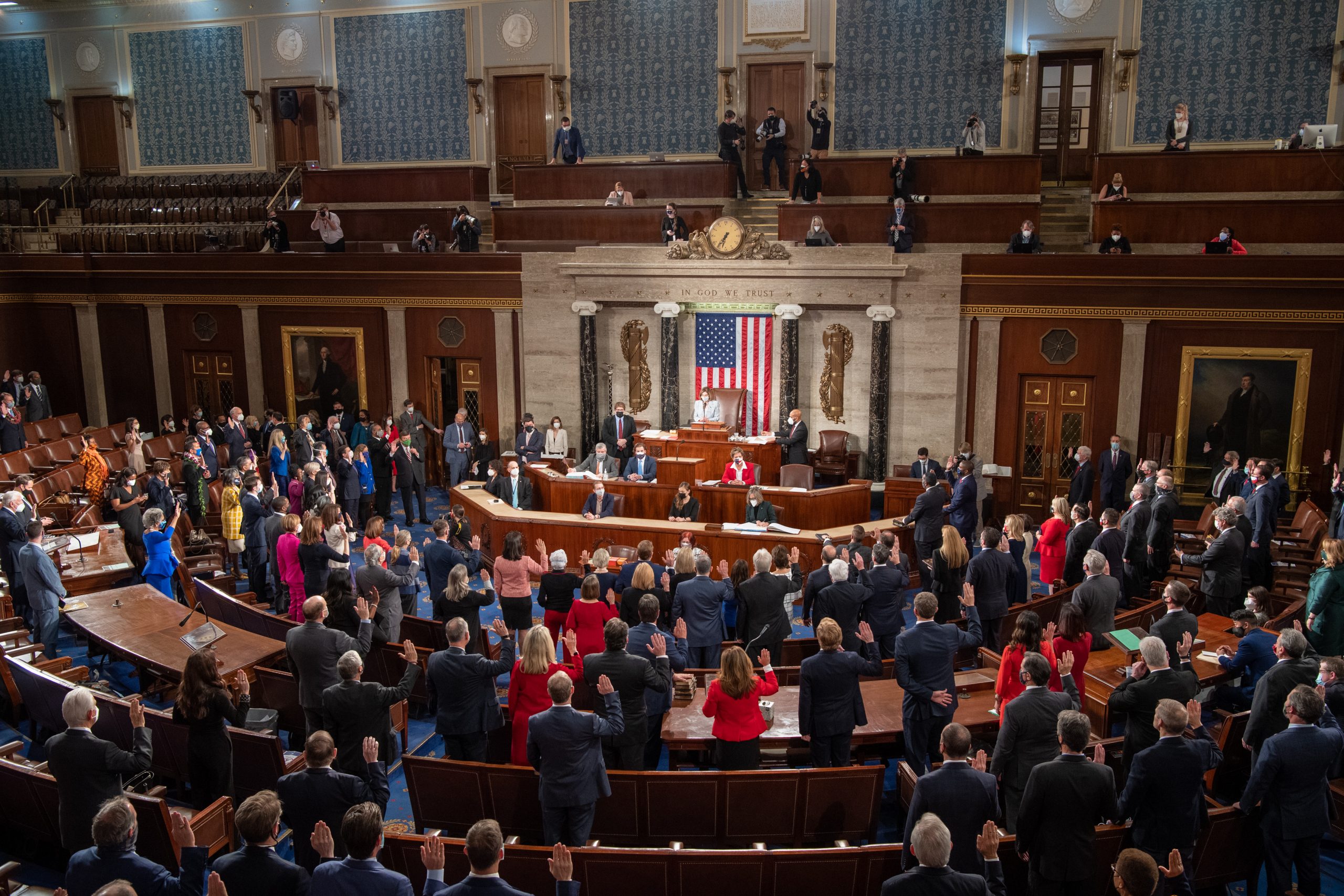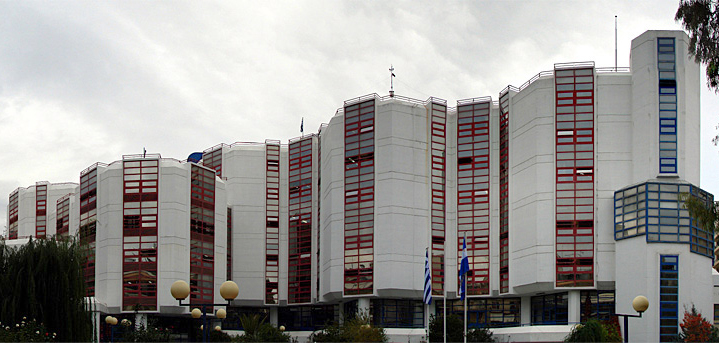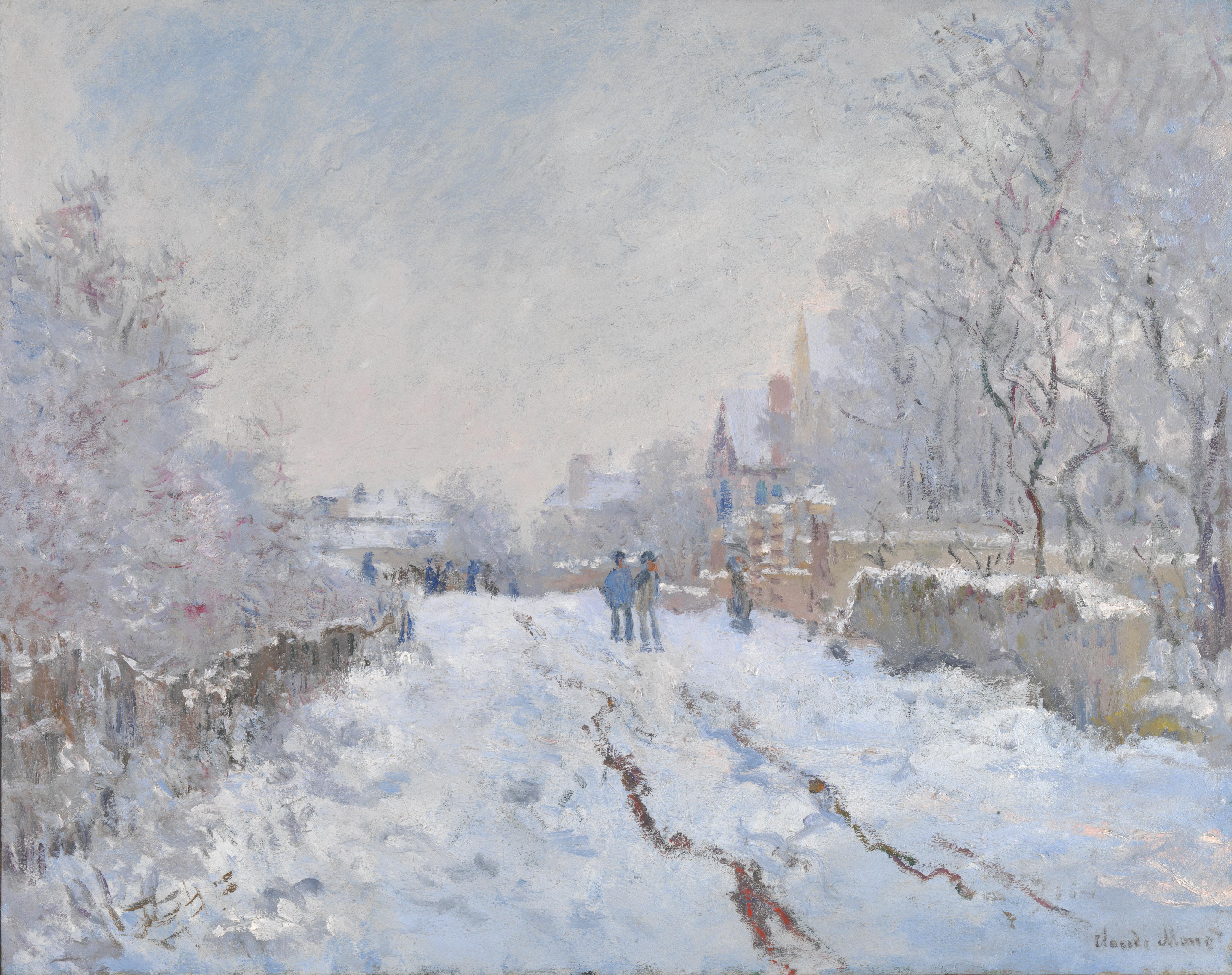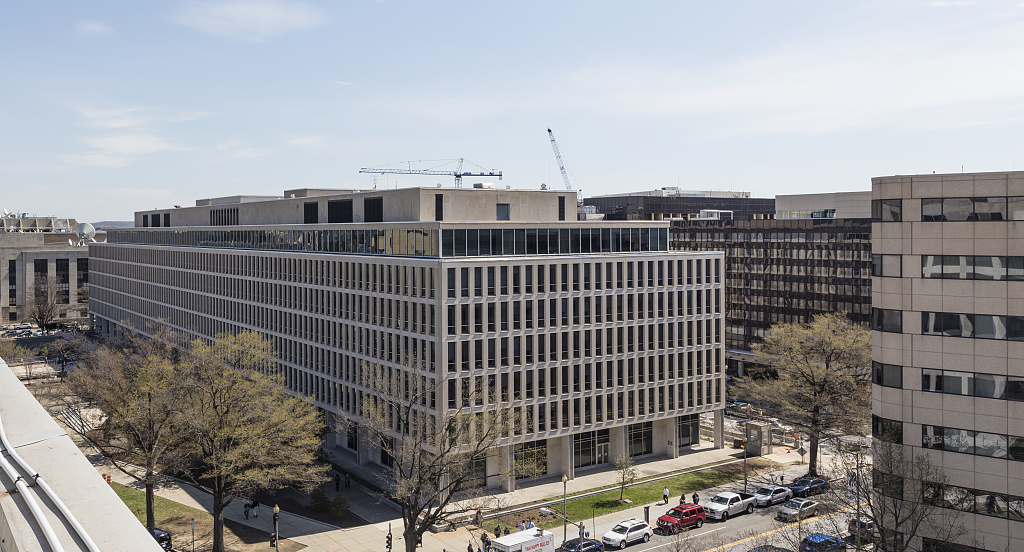H.Res. 66 Supporting the contributions of Catholic schools.
- Home Page 414

Readings / Higher Education Act of 1965
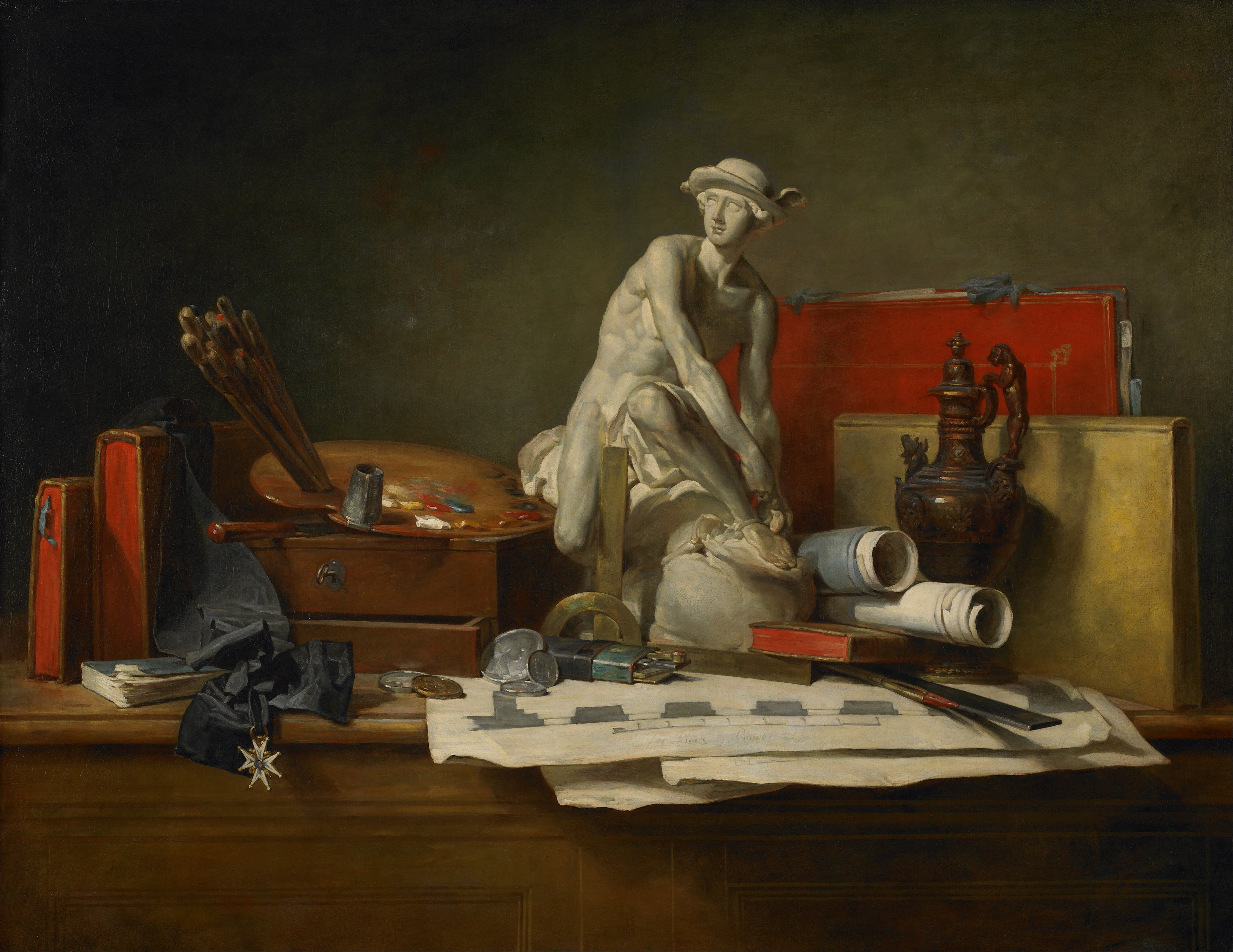
“The Attributes of the Arts and the Rewards Which Are Accorded Them” | Jean-Baptiste-Siméon Chardin (1766)
From the Wikipedia: Higher Education Act of 1965
“…(Pub.L. 89–329) was legislation signed into United States law on November 8, 1965, as part of President Lyndon Johnson’s Great Society domestic agenda. Johnson chose Texas State University (then called “Southwest Texas State College”), his alma mater, as the signing site. The law was intended “to strengthen the educational resources of our colleges and universities and to provide financial assistance for students in postsecondary and higher education”. It increased federal money given to universities, created scholarships, gave low-interest loans for students, and established a National Teachers Corps. The “financial assistance for students” is covered in Title IV of the HEA.
The Higher Education Act of 1965 was reauthorized in 1968, 1972, 1976, 1980, 1986, 1992, 1998, and 2008. Current authorization for the programs in the Higher Education Act expired at the end of 2013, but has been extended through 2015 while Congress prepares changes and amendments. Before each re-authorization, Congress amends additional programs, changes the language and policies of existing programs, or makes other changes….”
Link to original legislation:
EIGHTY-NINTH CONGRESS / Effective November 8, 1965
Blockchain Meets Smart Health
Blockchain Meets Smart Health: Towards Next Generation Healthcare Services
Abstract. Blockchain technology is rapidly gaining traction in healthcare industry as one of the most exciting technological developments. In particular, blockchain technology presents numerous opportunities for healthcare industry such as reduced transaction costs, increased transparency for regulatory reporting, efficient healthcare data management and healthcare records universality. In the context of smart health, blockchain may provide distinct benefits, particularly from a context-aware perspective where efficient and personalised solutions may be provided to citizens and the society in general. In this article, we portray the symbiotic relationship between blockchain and smart health. Among others, we identify and analyse three individual streams of possible synergies. In addition, we discuss several challenges for actually implementing blockchain-based applications in the healthcare industry along with several opportunities for future research directions.
CLICK HERE for access to entire article
S. 44: Student Empowerment Act
A BILL:
To amend the Internal Revenue Code of 1986 to permit kindergarten through grade 12 educational expenses to be paid from a 529 account.
Assistance Dogs
The Nederlands Normalisatie-instituut, the ISO member body for The Netherlands, has submitted to ISO a proposal for a new field of ISO technical activity on Assistance Dogs, with the following scope statement:
Standardization in the field of assistance dogs focused on, but not limited to;
· terminology
· health and welfare
· breeding and puppy development
· training
· client services
· assistance dog professionals
· conformity assessment, and
· accessibility
Assistance dogs are specifically trained to perform tasks to increase independence and to mitigate limitations of a person with a disability. Excluded are:
· dogs that offer only emotional support and/or comfort (i.e. emotional support dogs)
· dog assisted interventions such as facility dogs or dog assisted therapy
· other kinds of working dogs such as herding dogs, police dogs, search & rescue dogs
Background information: An assistance dog is permanently paired with a person with a disability to perform on a one-to-one basis tasks to mitigate the limitations of this person. Please note that ‘assistance dog’ is the umbrella term. Examples of assistance dogs (in alphabetical order) are autism assistance dogs, developmental disorder assistance dogs, diabetes assistance dogs, guide dogs, hearing dogs, medical alert/response assistance dogs, mobility assistance dogs, PTSD assistance dogs, seizure assistance dogs. In some countries, an assistance dog is referred to as a service dog.
Anyone in the United States wishing to review the proposal can request a copy by contacting ANSI’s ISO Team (isot@ansi.org), with a submission of comments to Steve Cornish (scornish@ansi.org) by close of business on Friday, February 26, 2021.
We maintain all ISO titles on the standing agenda of our Global colloquia; open to everyone. See our CALENDAR for the next online meeting.


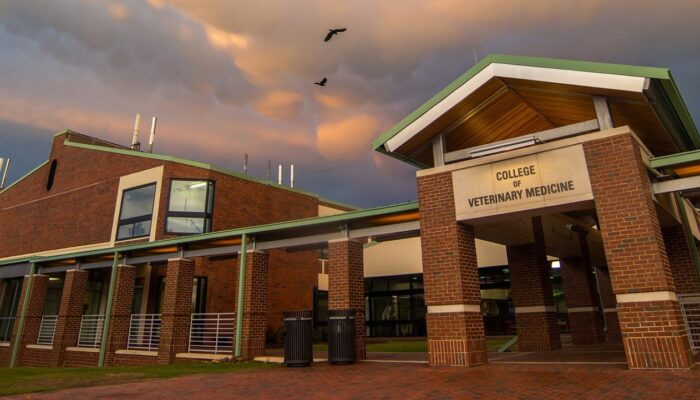


Source: ANSI Standards Action Page 50
xcxcx
I need a nap pic.twitter.com/nmYDSfzRki
— dhani (@juss_dhani) November 11, 2025
Snow & Ice Management
“That’s what winter is: an exercise in remembering how to still yourself
then how to come pliantly back to again again.”
— Ali Smith, Winter (A Seasonal Quartet)
Snow and ice management is a significant enterprise in education communities given that a large part of the United States deals with snow and ice at least six months every year.
One of the accredited consensus standards developer in this space is the Snow and Ice Management Association (SIMA) headquartered in Wisconsin where our colleagues know a little something about snow and ice. SIMA’s business model — membership conferences, manufacturer sponsorship, training, legislative advocacy etc. — is very familiar to us. We encourage workpoint experts – likely tens of thousands of facility managers involved in snow and ice management — to participate in its standardization program; the details of which are linked below.
SIMA has launched a new standardization project — SIMA 10 Standard Practice for Procuring and Planning Snow and Ice Management Services — which can hasten leading practice discovery and promulgation for those units in the education industry charged with getting school buses running in the morning, clearing ice and snow from campus pathways, parking lots, entrances and roofs. From the announcement in ANSI Standards Action:
SIMA 10-201x, Standard Practice for Procuring and Planning Snow and Ice Management Services
Project Need: Snow and ice management service providers and their customers need to have standardized ways and methods of planning and preparation for snow and ice storms. Current practices are actualizing into inconsistent terms, lack of clarity, and unmet expectations. During snow and ice events (winter storms), standardized methods of procurement and planning are needed to enhance public safety and transportation.
Stakeholders: Snow and ice service providers, property and facility owners and managers, legal, insurance, consumers of snow
and ice management services.
This standard of practice covers essential procuring and planning for snow and ice management services. Standards for procuring and planning are essential for business continuity and to improve safety for patrons, tenants, employees, and others in the general public. Knowing how to describe service requirements in a snow and ice management request for proposal (RFP) is an important component to providing effective services, particularly where winter weather is a variable. This standard practice provides guidance on the snow and ice management procurement and planning process to aid in the creation of RFPs, contracts, agreements, and monitoring procedures. This standard will not be submitted for consideration as an ISO, IEC, or ISO/IEC JTC-1 standard.
An exposure draft has been prepared. Comments were due December 23rd so it is likely that the SIMA team is responding to comments and preparing the final, consensus product for public use.
Download a free electronic review copy at www.sima.org/standards. Send comments (with optional copy to psa@ansi.org) to: Follow the instructions for submitting a public review comment at www.sima.org/standards, You may contact Martin@sima.org or Ellen@sima.org directly.
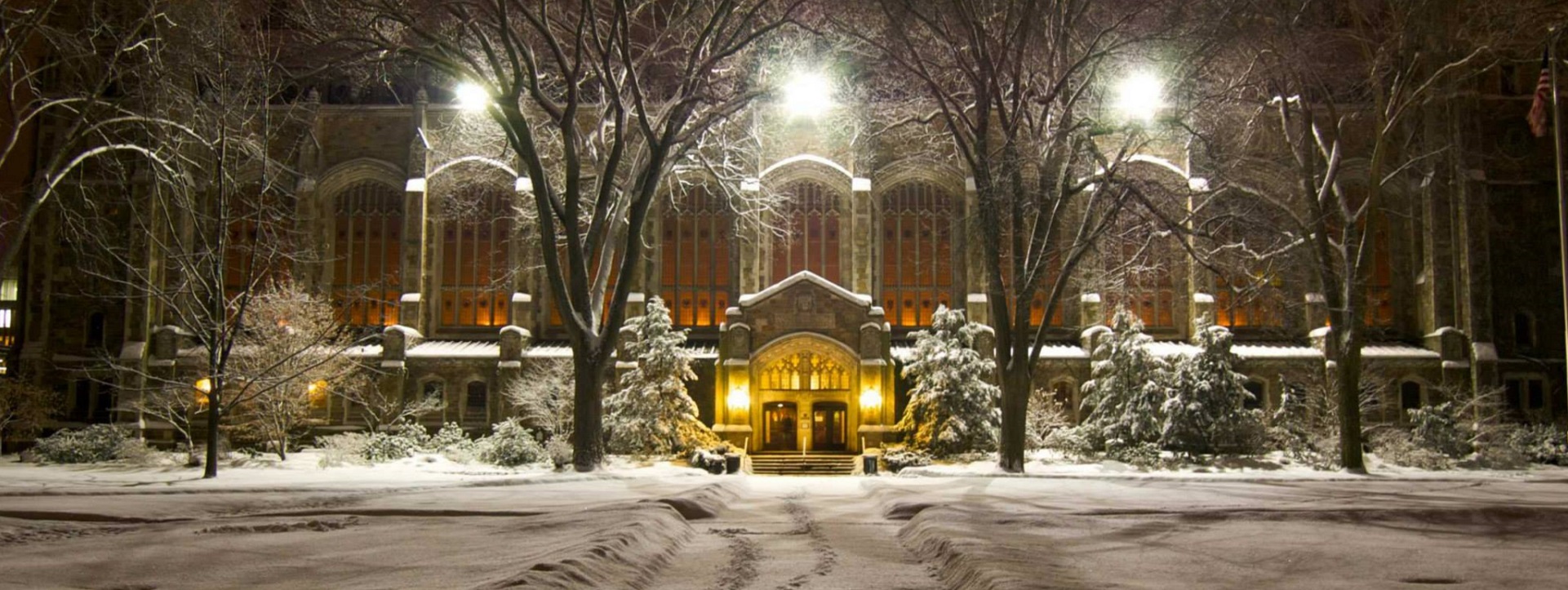
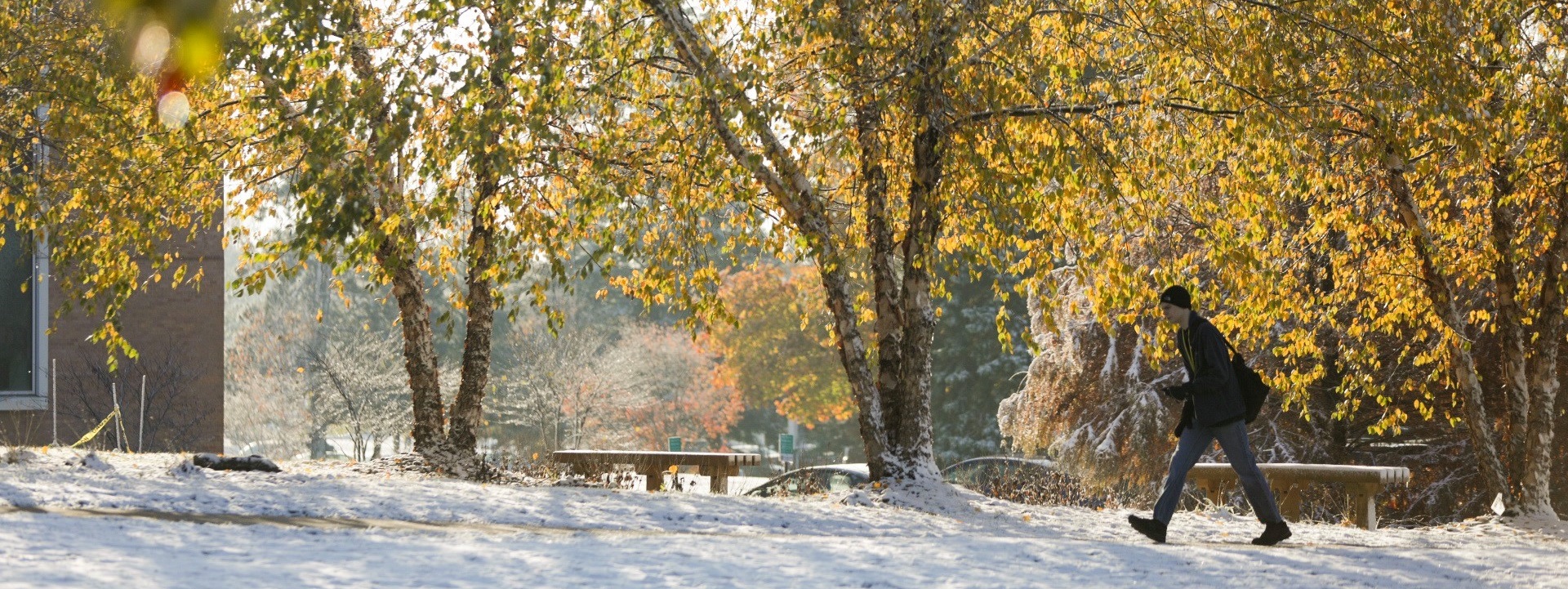

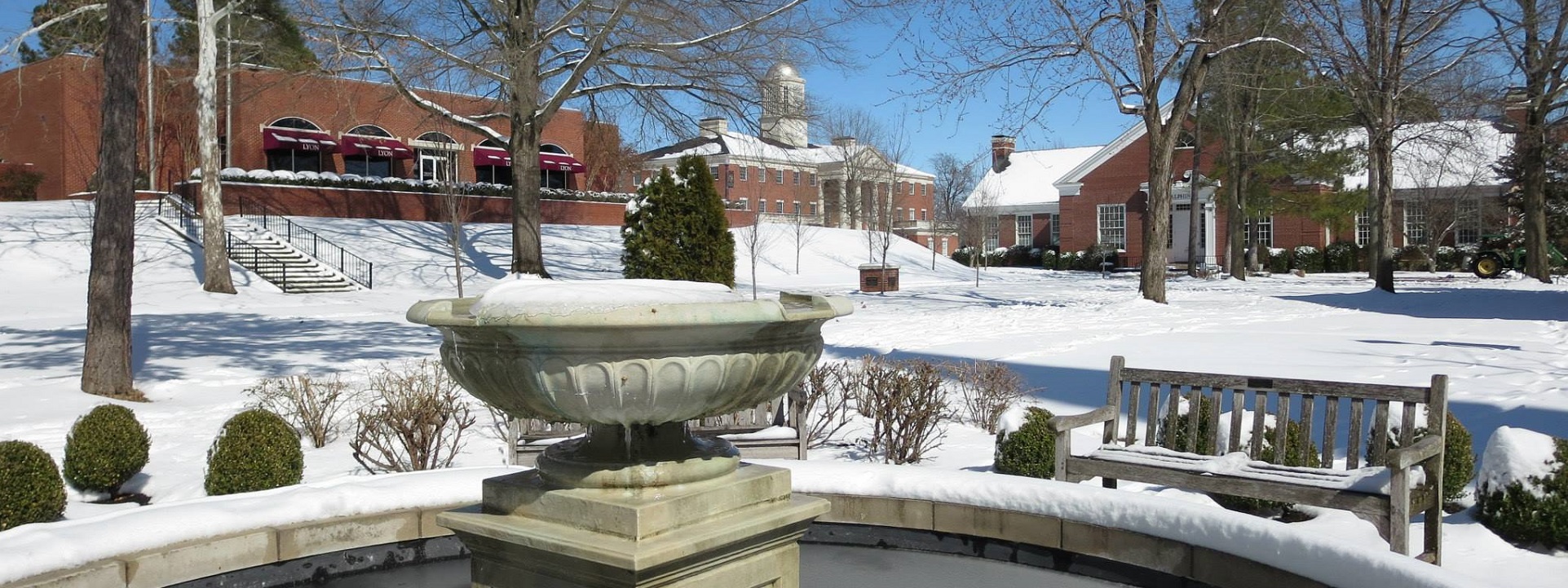
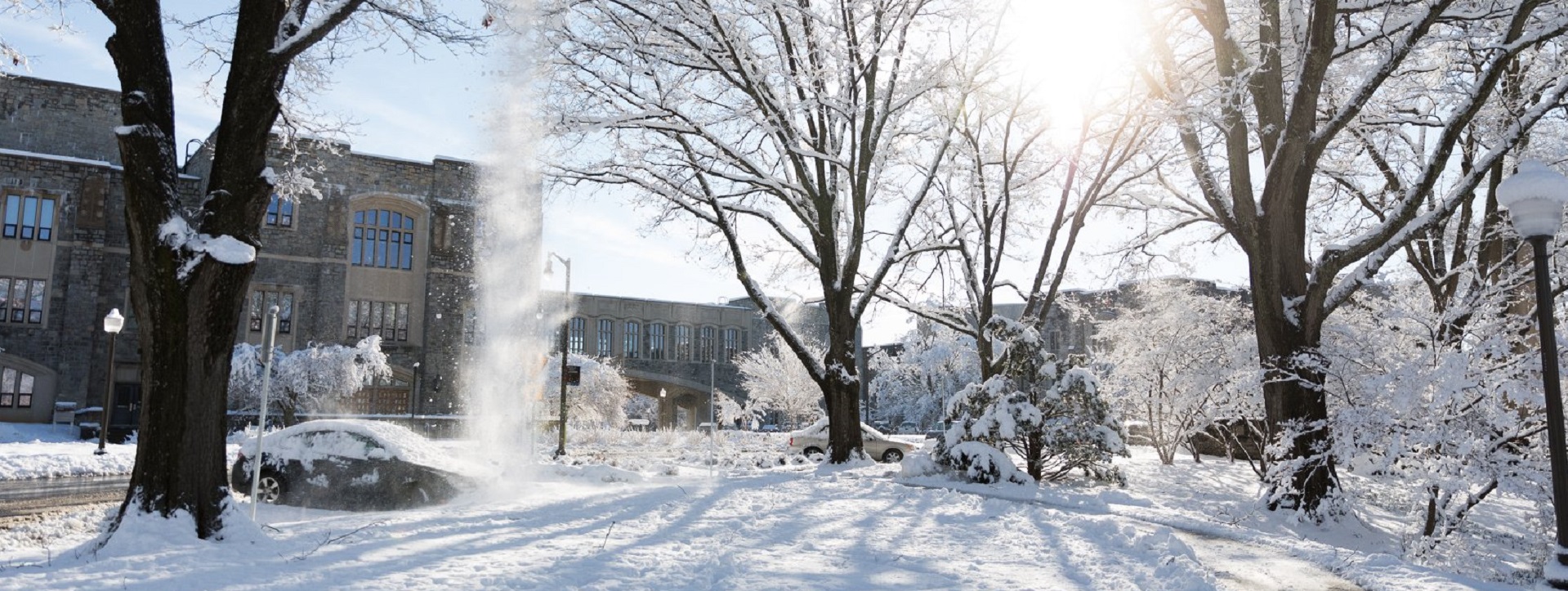
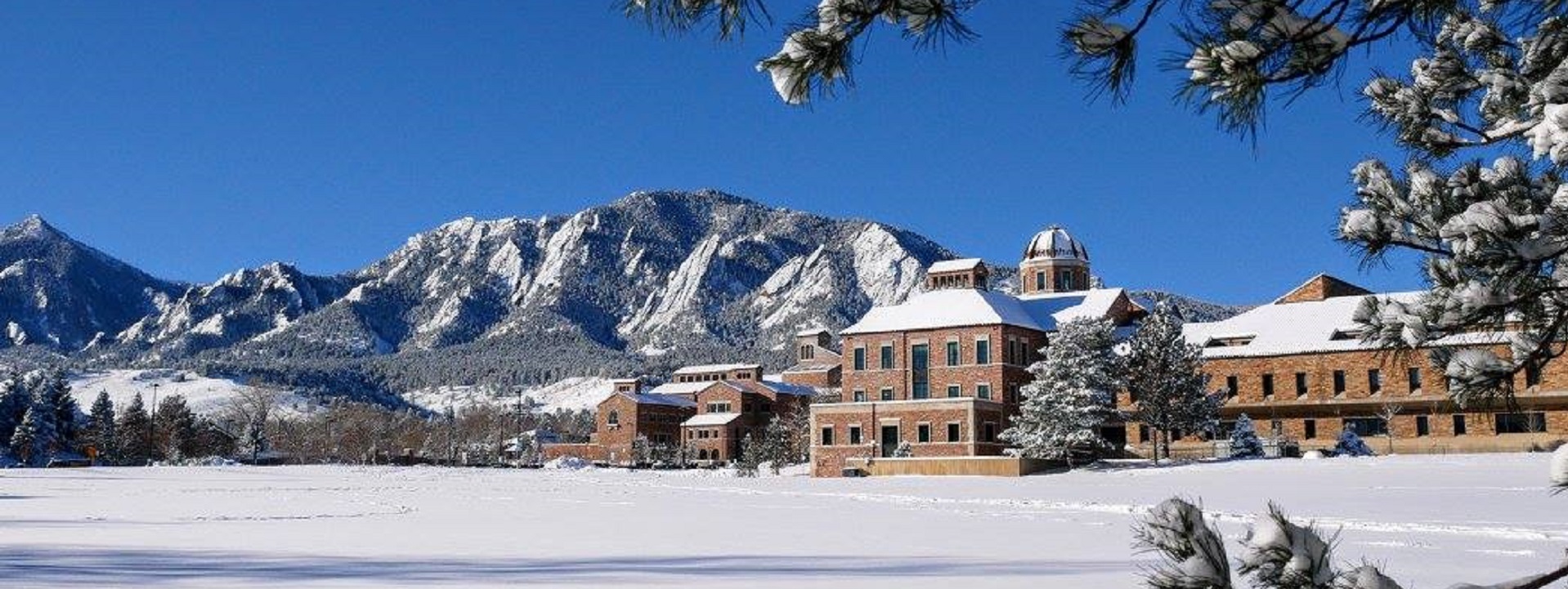


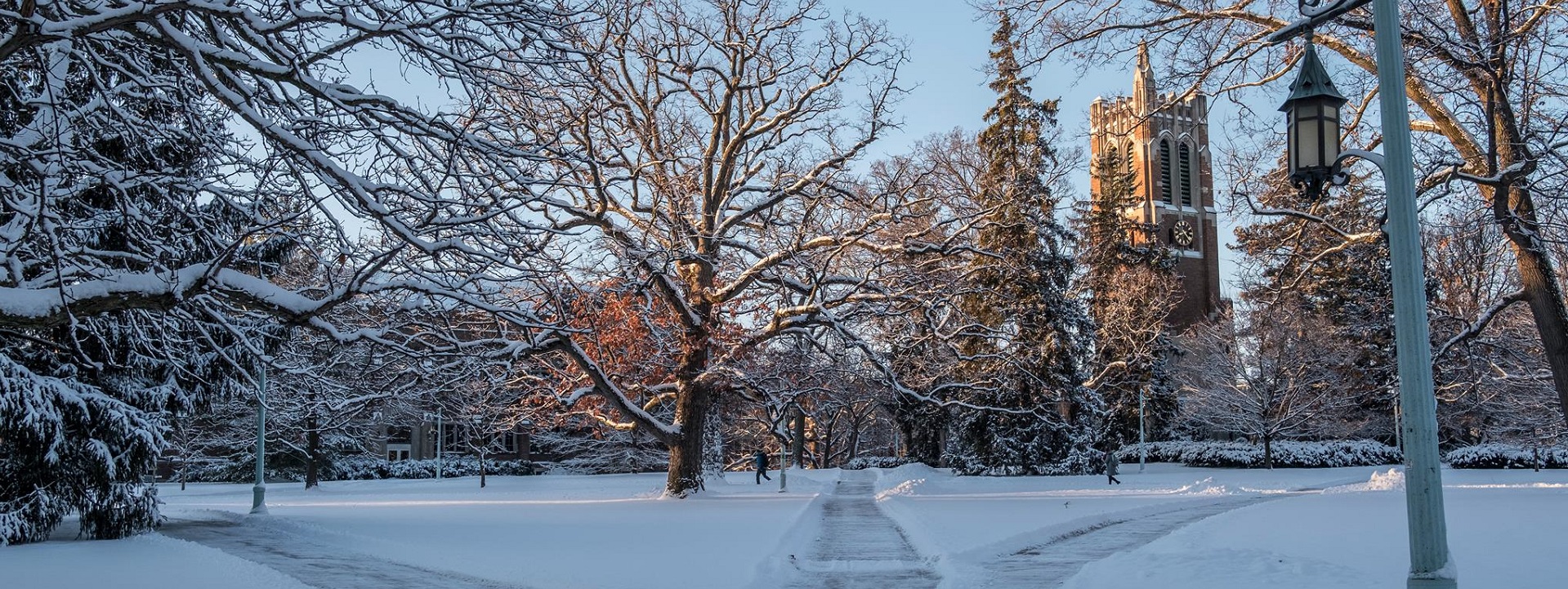
We will place the emergent SIMA suite on our monthly Grounds & Landscaping teleconference. See our CALENDAR for the next online meeting; open to everyone.
Issue: [19-155]
Category: Grounds & Landscaping
Colleagues: Mike Anthony, Jack Janveja, Richard Robben
LEARN MORE:
Free Inquiry, Transparency, & Accountability
SEPTEMBER 9, 2020 WASHINGTON — Today, U.S. Secretary of Education Betsy DeVos delivered on her promise to protect free inquiry and religious liberty on campus by publishing the Improving Free Inquiry, Transparency, and Accountability at Colleges and Universities final rule. The new rule will ensure that public institutions of higher education uphold fundamental rights guaranteed by the First Amendment to the U.S. Constitution and that private institutions of higher education adhere to their own policies regarding freedom of speech, including academic freedom. The final rule also ensures the equal treatment and constitutional rights of religious student organizations at public institutions and provides clarity for faith-based institutions with respect to Title IX.
FINAL RULE: DEPARTMENT OF EDUCATION
Docket ID ED-2019-OPE-0080 | RIN 1840-AD45
New update alert! The 2022 update to the Trademark Assignment Dataset is now available online. Find 1.29 million trademark assignments, involving 2.28 million unique trademark properties issued by the USPTO between March 1952 and January 2023: https://t.co/njrDAbSpwB pic.twitter.com/GkAXrHoQ9T
— USPTO (@uspto) July 13, 2023
Standards Michigan Group, LLC
2723 South State Street | Suite 150
Ann Arbor, MI 48104 USA
888-746-3670


